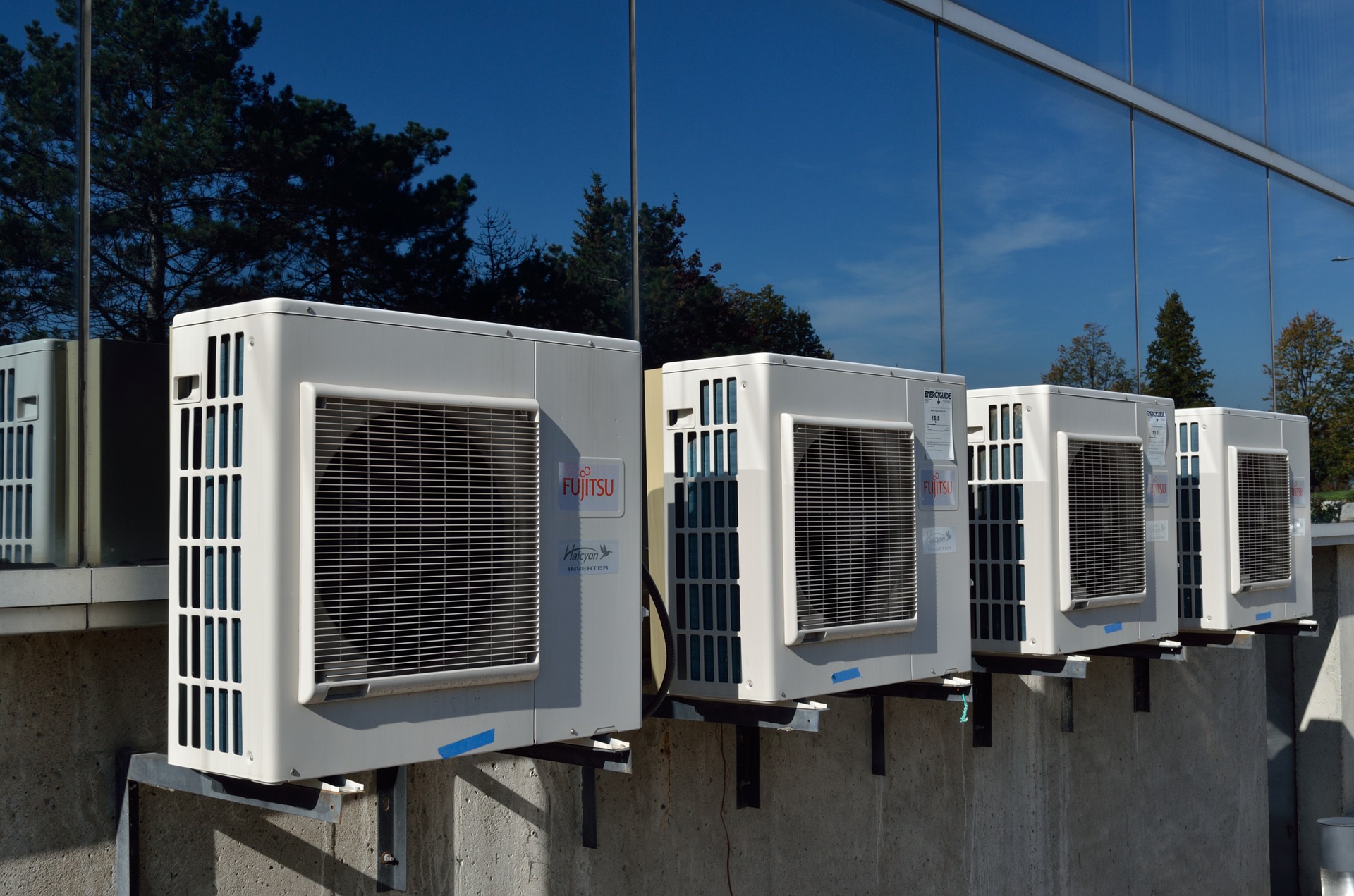What is HVAC Engineering
Heating, Ventilation, and Air Conditioning (HVAC) is the technology of indoor and vehicular environmental comfort. Its goal is to provide thermal comfort and acceptable indoor air quality. HVAC system design is a subdiscipline of mechanical engineering, based on the principles of fluid mechanics, thermodynamics, and heat transfer. “Refrigeration” is sometimes added to the field’s abbreviation, as HVAC&R or HVACR or “ventilation” is dropped, as in HACR (as in the designation of HACR-rated circuit breakers).
It can be difficult to define what an HVAC engineer is as they fill many roles in the HVAC industry. Simply put, the engineer can oversee a variety of tasks involving Heating, Ventilation or Air Conditioning systems.
One major role is the design aspect of the HVAC world. This can involve designing systems to outfit a new building, or troubleshooting a poorly performing system in an older home. An HVAC engineer could also be found maintaining or guiding the installation of a system designed by themselves or another engineer.
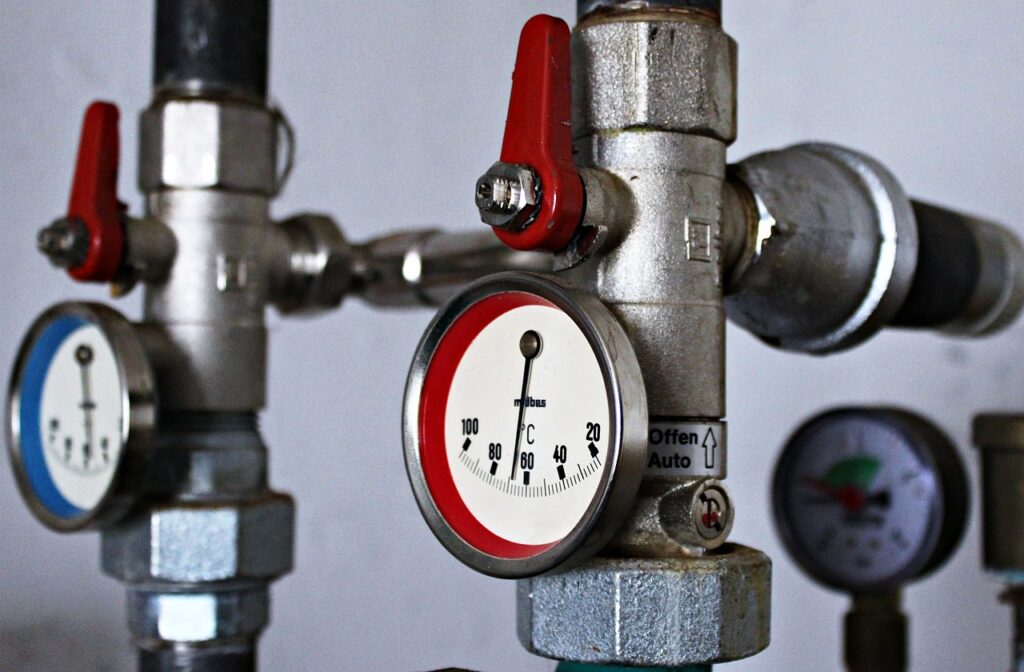
HVAC engineers typically need at least a bachelor’s degree. They may obtain their degree in mechanical engineering or HVAC engineering technology. For those seeking the highest quality education who wish to someday become licensed Professional Engineers (PE), it’s important to attend an institution that is accredited by the Accreditation Board for Engineering and Technology (ABET).
History of HVAC Engineering
Willis Carrier, who worked as an engineer at the Buffalo (NY) Forge Company, was given the task of solving a big humidity problem in a Brooklyn publishing company that made magazine pages wrinkle. He designed and patented his “Apparatus for Treating Air” that used cooling coils to either humidify the air by heating water or dehumidify by cooling water. He ran tests to perfect his technology and then built and patented an automatic control system that regulated the humidity and air temperature in textile mills.
With the success of his apparatus, he realized that other kinds of businesses could benefit from temperature and humidity regulation, so he left Buffalo Forge and formed his own company, Carrier Engineering Corporation, with six other engineers. The AC invention date, 1902 is credited to Carrier.
Frigidaire and General Electric both appeared on the HVAC (Heating, Ventilation and Air Conditioning) scene within a decade of Carrier’s big achievement. In 1929, Frigidaire debuted a split-system room cooler that was shaped like a radio cabinet. Although it was small enough for homes, it was too heavy and required its own condenser. A year later, General Electric patented 32 prototypes for improved self-contained room coolers. In 1931, H.H. Schultz and J.Q. Sherman invented the first room air conditioner; it sat on a window ledge, similar to portable units today. Around the same time, General Motors synthesized CFC (chlorofluorocarbon) coolants, the world’s first non-flammable refrigerants. Although they helped with cooling, CFC coolants were later linked to ozone depletion and phased out in the 1990s.
Since 1947, AC units became more compact and cheaper. In that year, 43,000 systems were in use. By the 1960s, most new homes in the United States were built with central air conditioning. By then, electric air conditioner window units were affordable and had come down in price from the early days; a 1938 Chrysler unit cost $416. By 2009, the Energy Information Administration reported that 87 percent of all American households, about 100 million homes, used AC units.
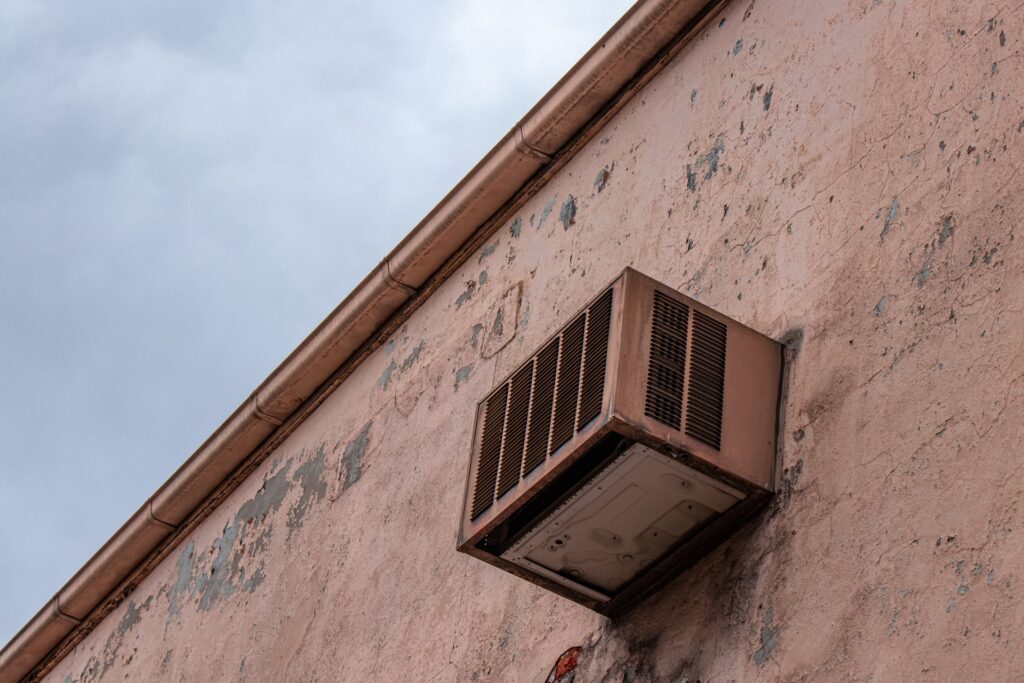
HVAC Engineering Education
Individuals interested in Heating, Ventilation and Air-Conditioning (HVAC) engineering may be interested in two types of programs. At the associate’s degree level, HVAC technology (or engineering technology) programs can prepare aspiring HVAC technicians for repair and installation work. Similar programs may also exist at the bachelor’s degree level, but an aspiring engineer wouldn’t enroll in an HVAC program. Instead, you would enroll in a mechanical engineering program, which may offer the opportunity to study HVAC systems through projects or concentration options.
Bachelor’s degree programs in HVAC engineering are not available, but there are programs that can help you accomplish your goals if you’re interested in this field. Mechanical engineering bachelor’s degree programs can prepare you to work in HVAC system design, and can even allow you to specialize in HVAC systems through projects, electives and concentration options. Additionally, some colleges do offer HVAC engineering technology bachelor’s degree programs, but these programs won’t prepare you for engineering work. Instead, they’ll prepare you for the same installation and repair work that an associate degree program in HVAC technology would.

If you’re specifically interested in working to design and engineer HVAC systems, you’ll want to find a program that offers the best options when it comes to choosing a concentration, research emphasis, undergraduate project or set of courses that relate to HVAC. Additionally, you may want to be sure that the program you intend on enrolling in has been accredited by the ABET. A program that is properly accredited is typically required for licensure as an engineer, and will also be preferred by employers. If you’re an engineer who is offering services directly to the public, you’ll need to be licensed as a Professional Engineer (PE) in the state you work in. This will typically require several years of experience and the successful completion of an exam.
HVAC Engineering Careers
Employment of heating, air conditioning, and refrigeration mechanics and installers is projected to grow 13 percent from 2018 to 2028, much faster than the average for all occupations. Commercial and residential building construction is expected to drive employment growth, and job opportunities for HVACR technicians are expected to be good. Conversely, employment of mechanical (and HVAC) engineers is projected to grow 4 percent from 2018 to 2028, about as fast as the average for all occupations. Job prospects may be best for those who stay abreast of the most recent advances in technology, according to the BLS.
Jobs
HVAC engineering, or Heating, Ventilation, and Air Conditioning Engineering, is a mechanical service field. An HVAC mechanical engineer specializes in installing, maintaining, and repairing heating and cooling systems. Refrigeration service is sometimes included, so the position may also be titled as an HVACR engineer.
HVAC mechanics work in many environments, from residential homes to businesses and large buildings. The bigger the job, the more likely it is that an HVAC engineer will work as part of a team with other specialists, such as sheet metal workers and electricians. HVAC engineers cover all aspects of heating and cooling systems, including installation, maintenance, inspection, repairs, and general cleaning and servicing. Some engineers specialize in a specific area, such as radiant heating systems or solar panels.
These engineers typically work full-time and may have irregular hours. They can work for a servicing company or be self-employed, and depending on the job, they may be assigned to a specific worksite or attend to several service calls in one day.
Salaries
An entry-level HVAC Engineer with less than 1 year experience can expect to earn an average total compensation (includes tips, bonus, and overtime pay) of $55,403. An early career HVAC Engineer with 1-4 years of experience earns an average total compensation of $63,489. A mid-career HVAC Engineer with 5-9 years of experience earns an average total compensation of $75,968. An experienced HVAC Engineer with 10-19 years of experience earns an average total compensation of $80,301. In their late career (20 years and higher), employees earn an average total compensation of $85,266.
Employees with HVAC Engineer in their job title in Chicago, Illinois earn an average of 12.9% more than the national average. These job titles also find higher than average salaries in San Jose, California (7.1% more) and New York City (2.1% more). The lowest salaries can be found in Denver, Colorado (3.2% less), Philadelphia, Pennsylvania (1.9% less) and Boston, Massachusetts (1.4% less).
What Do HVAC Engineers Do?
Responsibilities
Some job responsibilities of a HVAC engineer include:
- Analyze HVAC systems and equipment when necessary to find inefficiencies or malfunctions and create solutions to optimize performance and increase the efficiency of operation
- Communicate directly with customers to understand project requirements, goals, design specifications, and operational environments in order to evaluate cost, feasibility, and implementation of new HVAC equipment
- Create and submit detailed bids that outline costs and timelines for construction or extraction projects in accordance with deadlines
- Consult on HVAC system and equipment design for a wide range of projects, and work with other engineers, project managers, and construction professionals as needed to create and/or modify design parameters
- Design testing procedures and control equipment to accurately assess products and identify areas that require modification and further testing
- Develop and oversee all aspects of production including Clean Room design, computer modeling, selection of manufacturing methods, fabrication, testing, and implementation of products and systems
- Research, design, fabricate, and install HVAC mechanical equipment to meet client’s requirements in both large and small projects
- Serve as project leader to coordinate efforts of managers, engineers, drafters, and manufacturing personnel during all project phases
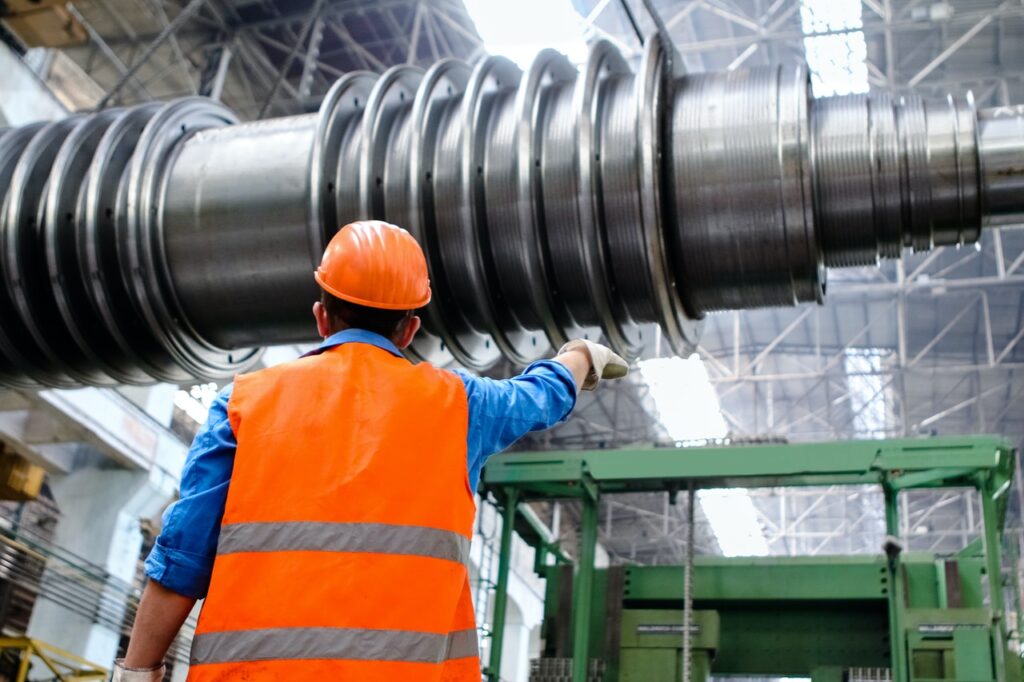
Skills
In order for HVAC engineers to become successful in what they do, they have to possess certain skills. There are only four.
Without the integration of Heating, Ventilation, and Air Conditioning (HVAC) products and systems in a building, it is extremely difficult to keep safe and healthy conditions for the people using that facility. It is this aspect of building design which ensures the overall indoor temperature, humidity, and air quality.
But who are in-charge of this kind of technology? The HVAC engineers.
HVAC engineers are typically mechanical engineers who give greater focus on HVAC systems. They usually work for HVAC suppliers or contractors, wherein they design, install, maintain, and repair products and systems. Much of their work caters to the HVAC needs of residential, industrial, institutional, and commercial buildings, including schools, office buildings, and health care facilities.
In order for HVAC engineers to become successful in what they do, they have to possess certain skills.
There are four:
- Computer-aided drafting
- Communication skills
- Problem solving
- Strong attention to detail
Future of HVAC Engineering
The future of refrigeration and air-conditioning will see extensive development of other technologies. Few of them with the potential for development as explained below:
Magnetic Cooling Technology
A magnet is brought to a magnetic field where it then heats up. When it reaches a gap in the field it cools down instantly, which then cools down the enclosed area. Electricity is still used to power the magnetic material but far less compared to what is in use in systems. This technology is still being tested.
Thermo-acoustics Technology
A loudspeaker to turn electricity into sound waves which then pushes helium back and forth to condense gas. Once this has been achieved, the helium absorbs heat from the space. This method is very harmless to the environment. It will be at the forefront of future HVAC systems development.
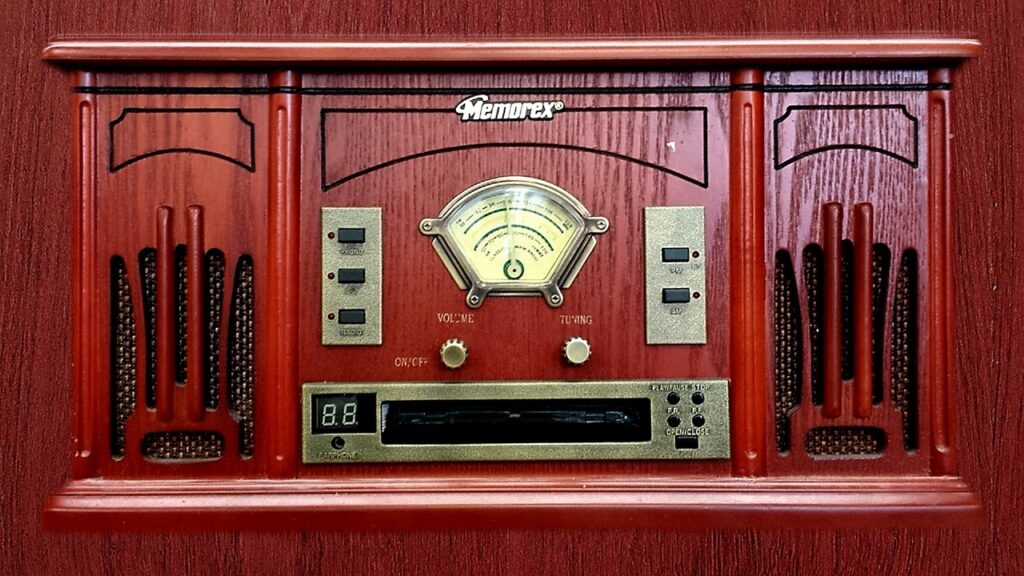
Solid Material Coolant Technology
Conventional air-conditioners and refrigerators employ refrigerants such as CFC to absorb heat from the enclosed spaces. Heat is usually expelled outside which require electrically powered pumps and compressors. To conserve energy, researchers plan to replace coolant fluids with solid materials such as bismuth telluride. Such HVAC systems will not have moving parts therefore they will have minimal need for maintenance.
Membranes
Specially made membranes can also be used to cool air by condensing water. These technologies are being developed by researchers.
The main source of hydro-flurocarbons is air-conditioning and refrigeration systems. A global cut down on the production and consumption of hydro-fluocarbons is on the way. In 2016, many countries met in Vienna to discuss these issues. The Montreal Protocol on Substances that Deplete the Ozone Layer also addressed these ozone depleting substances. This will result in a surge in coolant research and development.
The population of the world is increasing. There will be an increased demand on refrigeration for food and drugs. Buildings and infrastructure development will increase and result in increased use and demand of HVAC systems.
When working in the HVAC engineering field, it is essential to know which systems are the best. Knowing the pros and cons of each type of system will allow you to select the best equipment every time. This article Advantages of VFD for HVAC System from OKmarts outlines the advantages of VFD systems, and is a very valuable resource. They also provide access to industrial parts in the HVAC industry which you can find on their website!
If you have anything to add, please feel free to leave a comment down below, and sign up to our newsletter for more of the same content!

